In A Sheltered Woman, winner of the Sunday Times EFG Short Story Award 2015, Auntie Mei is a live-in nanny for newborns and their mothers. She has worked for a hundred and twenty-six families and looked after a hundred and thirty-one babies, one set of clients easily replaced by the next. But the hundred and thirty-second baby and his mother Chanel prompts a crisis in Auntie Mei’s life – a tremor that threatens to destroy her resolute detachment.
We spoke to Yiyun Li about Auntie Mei and the immigrant experience in America:
‘I don’t like this soup,’ said the mother, who surely had a Chinese name but had asked Auntie Mei to call her Chanel. What’s in a name? Why does Baby’s mother seek to hide her Chinese identity from Auntie Mei?
A Chinese name, perhaps more than an English name, can reflect many aspects about a person: the historical period s/he lives (names like Guarding Red or Facing East are common in my generation but rarely are they used as children’s names now); the choice of characters used in the name also tells the social and educational background of the parents. Many of the young people today in China prefer English names than Chinese names, so for Baby’s mother, her Chinese name doesn’t really matter as much as the name she’s chosen for herself.
The characters in your story are Chinese- and Vietnamese-born, now calling America their home. Was it important to the story that they should be so?
I imagine the same story could happen in the UK, Canada, Australia – it’s not an American story per se. People uproot themselves, and have been doing so for decades if not centuries now. I was reading Gissing’s The Odd Women, and struck by how the young women coming to London to find a living were not far from, for instance, the first generation of immigrants in New York City’s Chinatown.
A marriage offer, arranged by the distant cousin of a man in Queens, New York, had been accepted without hesitation: in a new country, her grandmother and her mother would cease to be legendary. What were your own motivations for moving to America? You still live there – did it exceed your expectations?
I left China for US in 1996. That was the moment just before China started to develop at a high speed, and it was not an easy time for college graduates: I went to a job fair once, and most of the jobs I was interested in would have a sign saying, ‘Male Only.’ But that’s only part of the reason for my leaving. Another part is entirely personal: I wanted to be as far away from my birth place as possible. I imagine many young people would feel that way. However, I went to America without knowing a great deal about the country or my own plan (but a vague resolve to stay in America), so without much expectation all has been well.
‘Please … don’t tell me any story.’ Auntie Mei prefers detachment from other people’s lives, and to some extent from her own. Why? Is this anything to do with her immigrant experience or are her reasons more universal than that?
I wouldn’t call Auntie Mei’s experience typical immigrant experience (or perhaps there is no typical immigrant experience). Her detachment is a survival mechanism, one that has worked well for her. We see people like her in all kinds of cultures, though we often suspect that it’s their deeper attachments and more complex feelings that make them choose the position of detachment.
Auntie Mei was now the sole person to provide him with food and care and – this she did not want to admit even to herself – love. Why is it so painful for Auntie Mei to form an attachment to the babies in her care?
I’ve always wondered about the first-month nannies: there is a clock ticking the moment they take a new baby into their care. One can imagine that different relationships – good, bad, attachment, aloofness – developed between a nanny and her care (and the employers), but in general, these can be mitigated by other parts of her life – her family and friends, for instance. Auntie Mei, by forgoing any close connection, feels her entire self at risk if she forms a connection with a baby.
What a world you’ve been born into, Auntie Mei said to Baby now. Does Auntie Mei’s view of the world match your own in any way?
That’s a good and tricky question! Does her view match my own? I think perhaps it’s fair to say that by writing her story out I understood that view better – not entirely mine, but has some resonance. Toward the end of the story, she thought she was ‘closer to understanding the danger of being herself’ – that too is something I discovered while writing her story, that people reach the point of understanding themselves better, which offers both a relief and a deeper sadness.
A Sheltered Woman won The Sunday Times EFG Short Story Award in the UK: do you find that your writing is received differently in the UK and America? If so, how?
I don’t see a huge difference.
Interview by Kate Tolley
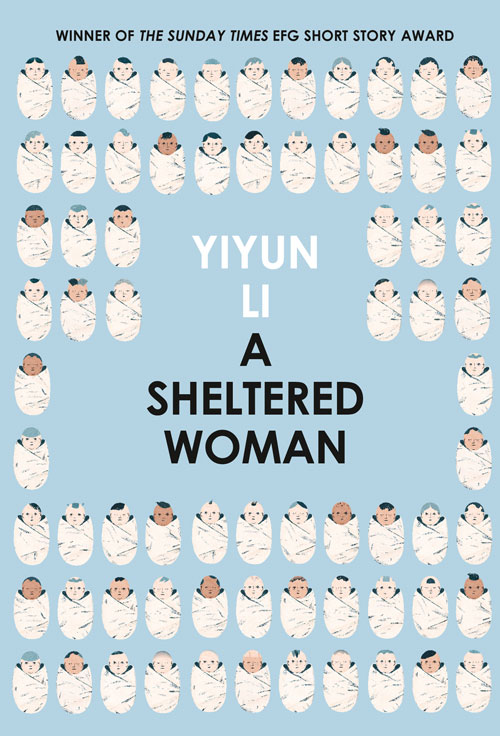
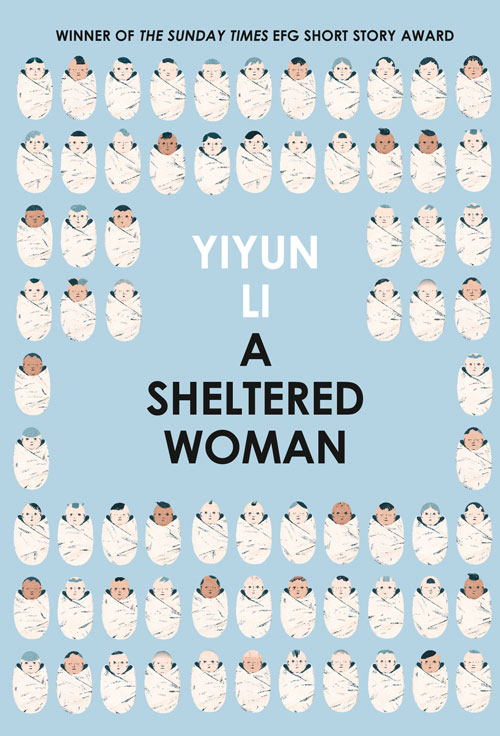
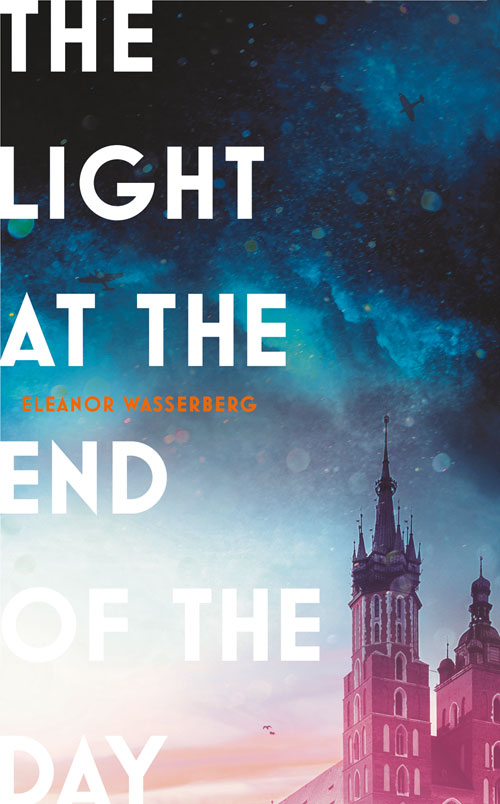
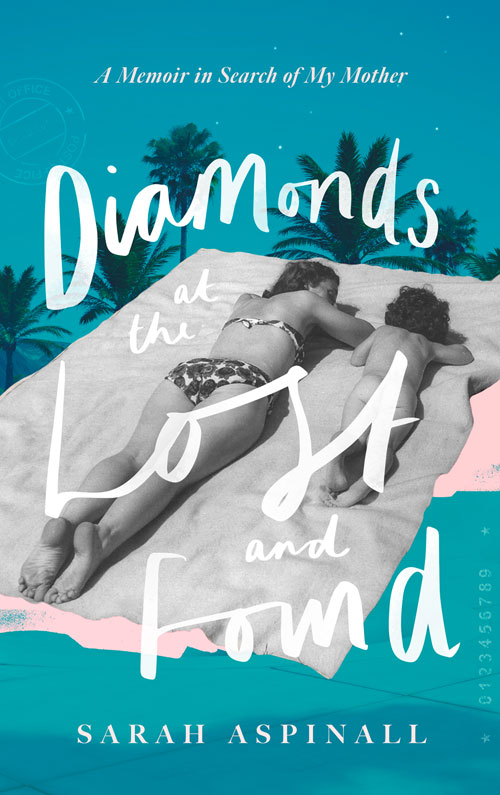
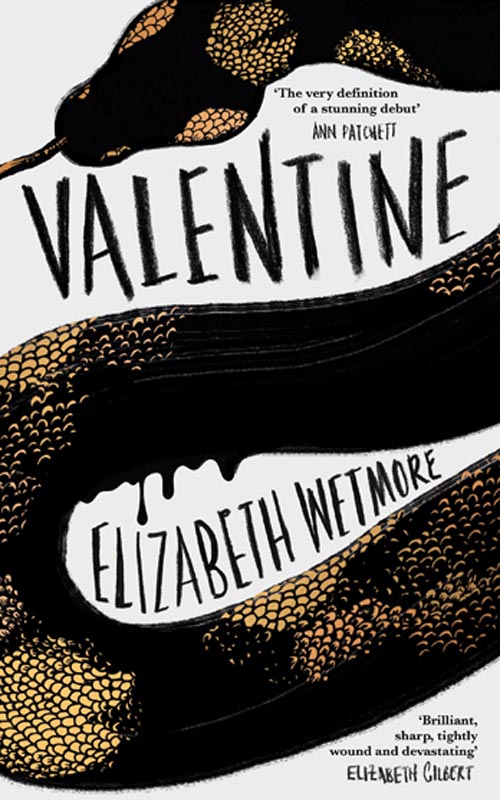
4thestatebooks